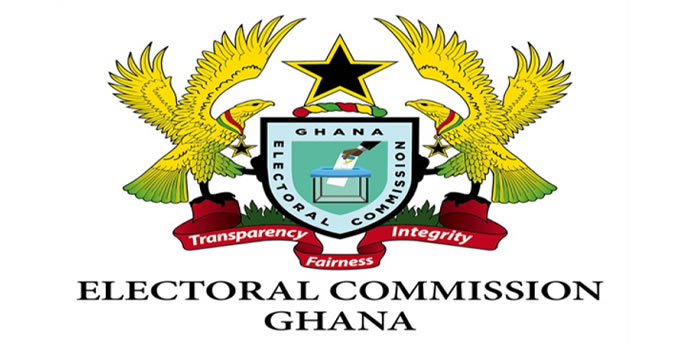

GENERAL
Ahafo Regional Child Protection Committee designs strategies to address children’s welfare
The Chief Director of Ahafo Regional Coordinating Directorate, Mr Samuel Amoako Kwarteng, addressing the Regional and some Municipal and District Child Protection Committee (RCPCM) has commended members of the regional, municipal and districts (RCPCM) for their professionalism and dedication for their efforts in addressing issues of child rights in the region.

Date Created : 12/15/2022 12:00:00 AM : Story Author : Kombat Bassum Maxwell/ Ghanadistricts.com
The Chief Director who doubles as the Chairman of the Regional of the Child Protection Committee (RCPCM) made this known a meeting in Goaso to discuss the 4th quarter Ahafo Regional Child and UNICEF report and to discuss challenges confronting children in the society in order to map out strategies to address them.
He tasked developments and all stakeholders to collaborate and harness their resources to implement and execute their mandate for the common good of Ahafo and the country.
"Our country's development depends on well informed and educated human resources. I therefore, want to appeal to all the stakeholders to strategize and harmonize your budgets and resources to ensure transparency to ensure smooth implementation of your programmes and projects", he emphasized.
He explained that as a region seriously challenged, it was important for the committees to do more for the country and pleaded for members to do more to equip the nation with highly skilled human resources for development.
In a presentation on: Dissemination of Ghana's 6th and 7th Report on the implementation of the Child Rights Charter (CRC) in Ghana, Mrs. Patience Hayford, Principal Programmes Officer of the DOC Headquarters in Accra, commended government and stakeholders for introducing measures to improve child rights in the country.
She however, called for more measures to ensure the protection, safety and development of the child as a reliable source of human capital for development. "The charter highlights four thematic areas and principles such as: nondiscrimination, but in Ghana, the focus is on two. So we can do more with the committee support", he encouraged.
She lamented that most physical infrastructure was disability unfriendly and hoped the Regional Coordinating Council's (RCCs) and Metropolitan, Municipal and District Assemblies (MMDAs) will factor disability friendly issues in their development plans.
Mrs. Hayford further said the high mortality rate and reckless abuse of drugs was hindering progress and development of the nation and therefore appealed to parents or guardians to be role models of their children.
"Some of our cultural practices need modifications. People refuse to report rape cases, child sexual exploitation and others in the name of tradition. A crime is a crime according to the laws of Ghana and must be reported to the appropriate institution for redress", she noted.
In her welcome address, Miss Dorothy Tettey, Department of Children, Ministry of Gender, Children and Social Protection (MOGCSP) noted the welfare and protection of children was paramount in delivering the mandate of the organization.
She therefore, pledged her outfit's commitment and readiness to support the committee in the discharge of their mandate.
She called on each department under the committee to bring on board their activities on child protection issues, including their challenges to be harnessed and submitted to the Ministry of Gender, Children and Social Protection (Department of Children), for redress.
There were solidarity messages from partner organizations such as the Births and Deaths Department, Kukuom Fairtrade Cocoa Farmers Union and Asutifi North Integrated Social Services, who all highlighted their organization's efforts in dealing with issues of child labour and protection.
The Regional Child Protection Committee is made up of multi-sectoral bodies that come together as a committee to coordinate the activities of child protection bodies in the region to ensure the proper maintenance and development of children in the area.
It is also to help regulate the formulation of child and family welfare programmes and activities to help prevent and protect children from all forms of violence, abuse and exploitation.


 facebook
facebook
 twitter
twitter
 Youtube
Youtube
 +233 593 831 280
+233 593 831 280 0800 430 430
0800 430 430 GPS: GE-231-4383
GPS: GE-231-4383 info@ghanadistricts.com
info@ghanadistricts.com Box GP1044, Accra, Ghana
Box GP1044, Accra, Ghana